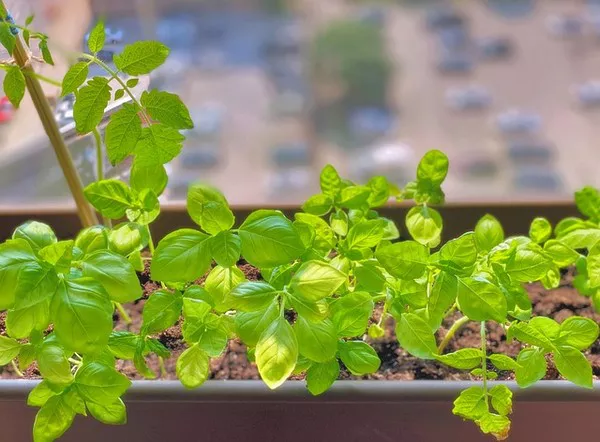Earth’s sustenance relies heavily on the intricate dance of photosynthesis, the backbone of nearly every food chain. However, despite its crucial role, nature hasn’t perfected this process, leaving room for improvement. Researchers are now exploring ways to enhance photosynthesis in key food crops, not merely out of curiosity, but as a critical response to climate change challenges that threaten global food security.
The domesticated plants we rely on for sustenance have evolved to convert sunlight into sugar at levels necessary for their survival and reproduction. Typically, most plants convert less than 5% of sunlight energy into biomass, and sometimes even less than 1%. The current research seeks to maximize photosynthesis in various food crops, driven by the urgency to address climate change-induced threats like droughts and floods that jeopardize crop yields worldwide.
One significant challenge is the occurrence of photorespiration, wherein plants like wheat inadvertently produce a toxic substance, 2-phosphoglycolate, diverting energy for its recycling within the plant. This process is a result of the enzyme rubisco mistakenly attaching to an oxygen molecule instead of carbon dioxide during photosynthesis, a mistake happening up to 40% of the time. Rising temperatures exacerbate this issue.
The PhotoBoost research project is delving into solutions like creating a genetic bypass to reduce photorespiration in rice and potato plants. Inspired by cyanobacteria, the first photosynthesizers on Earth, researchers are incorporating genes from these microscopic organisms to enhance sunlight management in plants. Similarly, lessons from maize, which has evolved mechanisms to deal with photorespiration, serve as inspiration for rice improvement.
The project also focuses on accelerating the plant’s response to changes in light intensity. Plants often shut down photosynthesis in intense sunlight and can be slow to restart in lower light conditions. Speeding up this photoprotection process can lead to significant yield increases, as demonstrated by a US research group in soybeans.
Improving photosynthesis not only promises higher yields but also strengthens plants against drought and heat stress, contributing to the broader goal of securing food production in the face of climate change. As climate-related challenges loom large, this frontier in plant science aims to align societal needs with innovative solutions, ensuring a resilient future for global agriculture.


